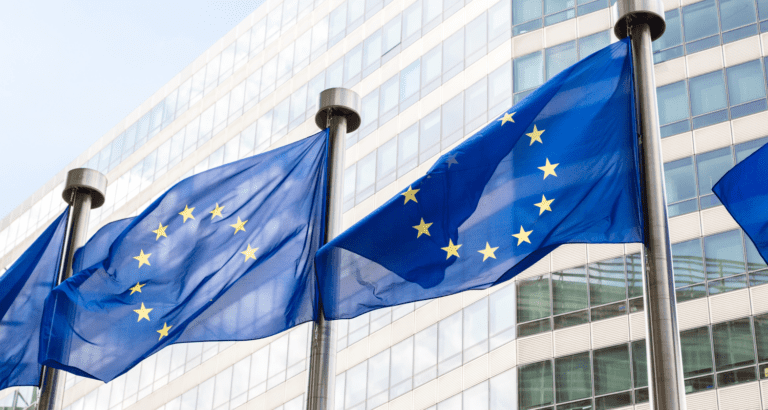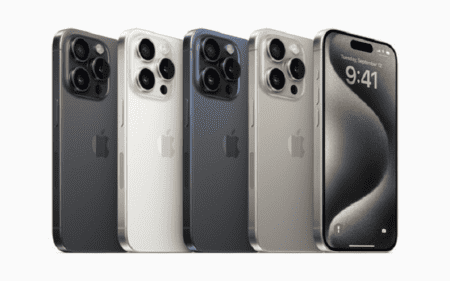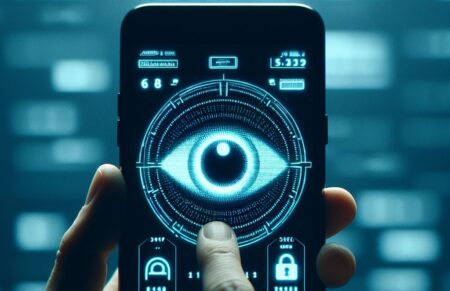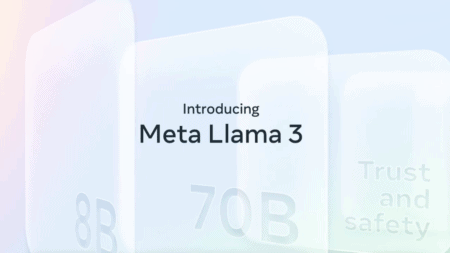Apple informed top EU officials that their iPhones may have been infiltrated by NSO Group’s Pegasus spyware.
The European Union has found evidence that smartphones used by some of its staff were compromised by NSO Group’s Pegasus spyware, the bloc’s top justice official said in a letter seen by Reuters.
In the July 25 letter, EU Justice Commissioner Didier Reynders wrote that Apple had told him in 2021 that his iPhone had possibly been hacked using Pegasus, a tool developed and sold to government clients by Israeli surveillance firm NSO Group. The warning from Apple triggered the inspection of Reynders’ personal and professional devices as well as other phones used by European Commission employees, the letter said.
Though the investigation did not find conclusive proof that Reynders’ or EU staff phones were hacked, investigators discovered “indicators of compromise” – a term used by security researchers to describe that there’s reason to believe a hack took place.
Reynders’ letter did not provide further detail and he said “it is impossible to attribute these indicators to a specific perpetrator with full certainty.” It added that the investigation was still active. Reynders and the European Commission did not immediately respond to requests for comments.
NSO Group seeks to deflect responsibility
NSO Group said it would willingly cooperate with an EU investigation. “Our assistance is even more crucial, as there is no concrete proof so far that a breach occurred”, a spokesperson said in a statement to Reuters. “Any illegal use by a customer targeting activists, journalists, etc., is considered a serious misuse.”
NSO Group is being sued by Apple for violating its user terms and services agreement. Last week the committee announced that its investigation found 14 EU member states had purchased NSO technology in the past.
Reynders’ letter said officials in Hungary, Poland and Spain had been or were in the process of being questioned about their use of Pegasus. NSO, which has kept its client list confidential, has said that it sells its products only to “vetted and legitimate” government clients.

















